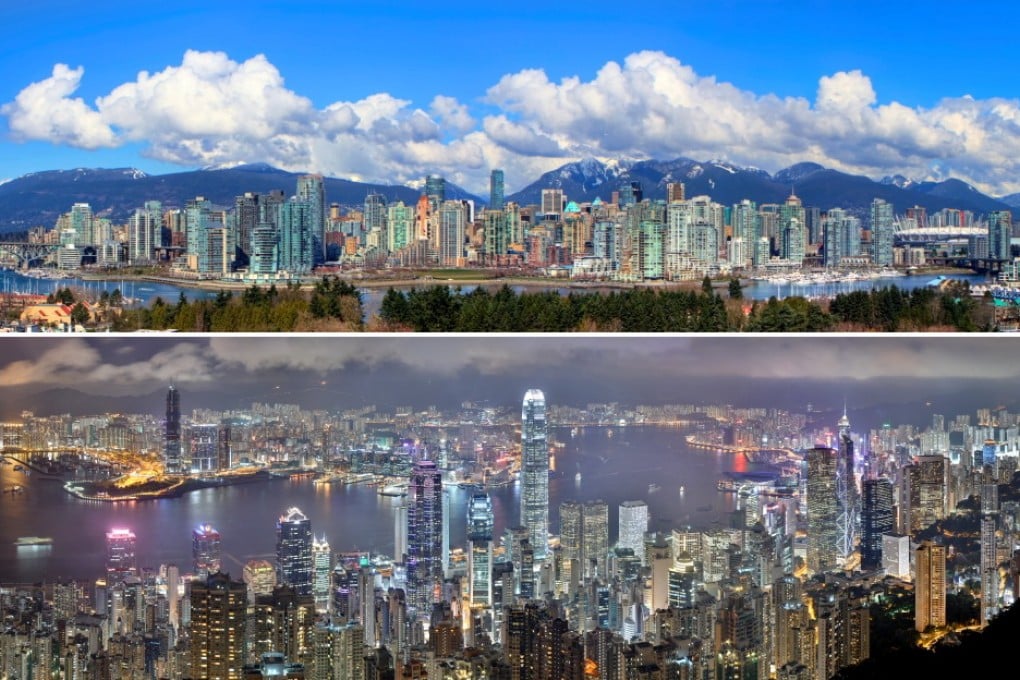The Hongcouver | Hong Kong welcomes reverse migrants from Vancouver - now it wants their children too

Not content with the return of thousands of Hong Kong emigrants who have poured out of Vancouver since the handover, the SAR government now wants their kids, too.
In other words, about 33,000 Hongkongers departed Vancouver in those 15 years (including deaths). What’s more, arrivals are now a mere trickle - in 2013, there were only 383 new Hong Kong immigrants for all of British Columbia.

Hiebert said it was “probably Japan” that first tried to tap into this group, seeking to attract ethnic Japanese whose ancestors had emigrated, mainly to Latin America. But the idea failed in many ways, primarily because such migrants often found it difficult to assimilate into a Japanese society with which they were unfamiliar and from which they felt “very detached”. “It was tough to integrate that population, and quite a few decided to move back to Brazil or wherever else they came from,” he said.
Hiebert noted that in the Japanese case, many of these migrants’ ancestors had left their homeland generations ago, so the situation was not exactly analogous to the Hong Kong government’s plan.
